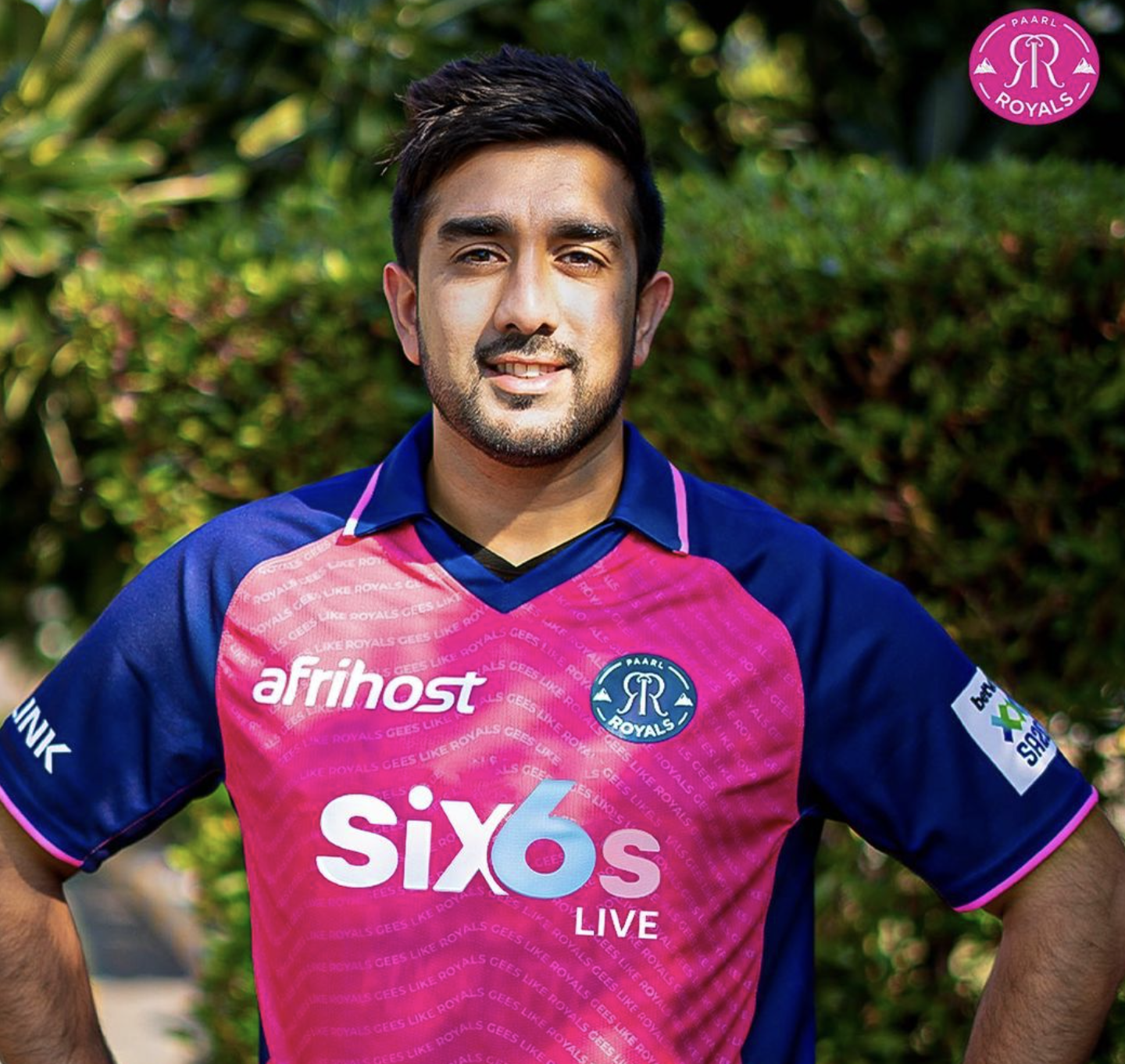The day Tabraiz Shamsi gave me hope for a better world
Tabraiz Shamsi via Instagram
Over the weekend, I went to Newlands Cricket Ground to watch a T20 match between Titans and Western Cape Province. With only a handful of spectators (Cricket SA - What on earth is going on!?), the usually reserved members’ area was open. Apart from providing us with a great view, it was also next to the steps that lead to the players’ dressing rooms.
After the first few innings, the players headed back to their dressing rooms. My eye was caught by three little boys standing next to the railings hoping to get autographs from the passing players. They wore kippahs (little cloth head coverings) and had tzitzis (knotted prayer fringes) attached to their clothes, so they were clearly from Orthodox or observant Jewish households.
The boys’ growing disappointment was visible as all the players rushed past them. Then, joy of joy, one stopped. It was Tabraiz Shamsi. He patiently signed their shirts, bats and pieces of paper while chatting away to them. They then asked for his cap. He explained that he needed it, but they pleaded. After a game of rock, paper, scissors (his suggestion) one little boy walked away beaming with Shamsi’s cap.
I would have been impressed by any player who was so kind to little children in the middle of a match, but what really moved me was the symbolism of what was happening. Shamsi is, of course, Muslim. There were no cameras or press, so I’m sure this was not something he did consciously. In any case, it happened too fast and spontaneously. He was just genuinely kind and generous to these boys - something they will never forget - and it really moved me.
Over the last few months I have struggled with how to bridge the polarisation that the Gaza/Israel conflict has brought about.
Whilst I abhor the acts of Hamas, I find it particularly difficult when friends who I have known to be kind, compassionate fighters for human rights justify the ongoing deaths and suffering of so many women and children at the hands of the Israeli Defence Force - as mere collateral damage.
Every discussion I have had and every column I’ve written ended up with some accusation of antisemitism or naivety – it seems there is just no middle ground.
“Sometimes it takes tremendous courage, like forgiving those who have killed or tortured family members. But it is also through small acts of kindness that we can all be part of that real change happens.”
After I related the story of Shamsi and the Jewish boys to a family member, he sent me a link of a TedTalk between two peacemakers – one Palestinian and the other Israeli. Maoz Inon, who grew up close to the Gaza border, founded various tourism projects in partnership with Arab Israelis with the aim of encouraging cross-cultural dialogue. Aziz Abu Sarah’s 14-year-old brother was shot and killed by an Israeli soldier when Aziz was ten. Sitting across from each other, Maoz described to Aziz how his parents were burned to death during the October 7th attacks by Hamas last year.
What followed was the most amazing conversation. It was filled with compassion and understanding for each other, as well as a shared commitment to peace. I was moved to tears by these two men, who had every right to be angry and seek revenge, yet were determined to honour their fallen parents, friends and siblings by modelling a future where peace could reign for both Jews and Palestinians.
These two men also made me think about how divided we still are as South Africans.
As is common during election times, these divisions are again becoming more stark as racial and economic differences are highlighted by political parties. During their talk, Moaz and Aziz insisted how important it was to be able to ask the hard questions and be willing to listen to the other side. I agree and, like them, believe that a lack of understanding and recognition of our different historical narratives makes it very difficult to narrow the divides between us and find a shared vision for our country.
Ultimately both men came to the understanding that it is through action - through deeds of kindness and compassion - that people and the world change. Sometimes it takes tremendous courage, as with Moaz, Aziz, and many South Africans who forgave those who killed or tortured family members. But it is also through small acts of kindness that we can all be part of that real change happens.
On the evening after that cricket match as I prepared for sleep, I saw in my mind’s eye a little boy in an Orthodox Jewish household falling asleep with Tabriaz Shamsi’s cap next to his bed. That image gave me hope that we might still see Israeli’s and Palestinians as well as South Africans of all races finding peace and understanding for one another and create a world of hope for our children.
